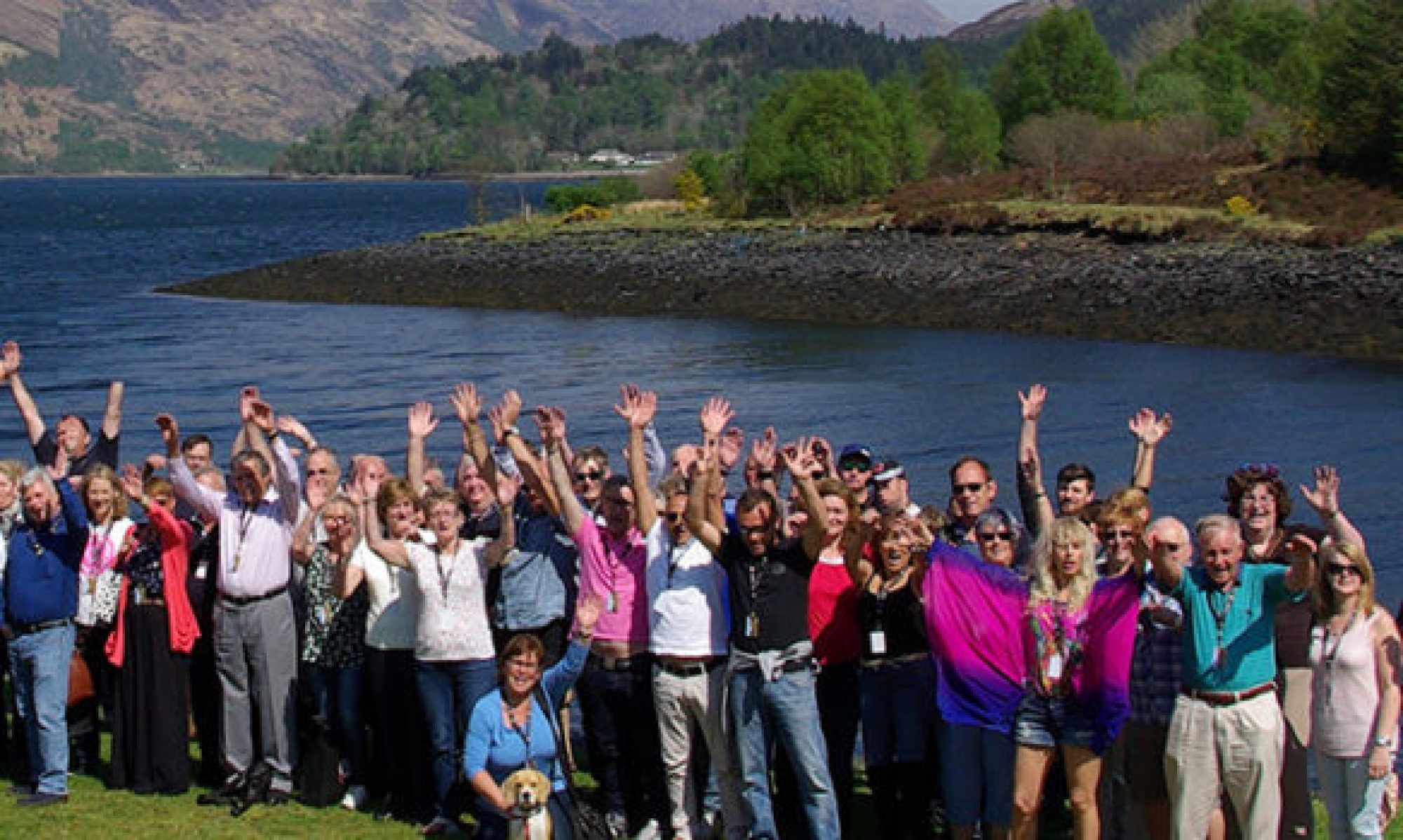Our new website, now available in beta and only days now from a full roll-out, seeks to address a defect in The Land Registration etc (Scotland) Act 2012, which came into force on 8 December 2014. The new site will include a Land Registry that will be a public record of souvenir plots which we have sold.
The 2012 Act created a new scheme of land registration. The act repealed much of the old land registration statute: the Land Registration (Scotland) Act 1979, and the Land Registration (Scotland) Rules 2006 made under that act. It also realigned the law of land registration with property law. It also put on a statutory footing many of the policies and practices the keeper had developed since the introduction of the Land Register in 1981. What it singularly failed to address, despite my drawing the matter to their attention during the public consultation process, was the right to register souvenir plots of land.
Highland Titles owns land which it wishes to sell in small plots. The purchasers wish to register their purchase, as is normal for land purchases. Yet the 1979 act and the recent 2012 act specifically forbid landowners from registering their land. It would be a simply matter for the area of land being sold as souvenir plots to be defined in the register and for all purchasers to be recorded. It could easily become a source of income for the Registers of Scotland. Yet the law prevents them from doing so. I think that may be in direct violation of A1P1 of the ECHR.
The right to property is enshrined in article 1 of Protocol 1 to the ECHR. It is known to be the most frequently violated Convention right, after the right to speedy trial and the right to a fair trial. As of 1 January 2010, 15% of all judgment in which the European Court of Human Rights found a violation of the ECHR concerned the right to property.
The text of the article is straightforward:
Protection of property
(1) Every natural or legal person is entitled to the peaceful enjoyment of his possessions. No one shall be deprived of his possessions except in the public interest and subject to the conditions provided for by law and by the general principles of international law.
(2) The preceding provisions shall not, however, in any way impair the right of a State to enforce such laws as it deems necessary to control the use of property in accordance with the general interest or to secure the payment of taxes or other contributions or penalties.
Over the years the European Court of Human Rights has boiled this down to the following three rules:
- “Every natural or legal person is entitled to the peaceful enjoyment of his possessions”
- “No one shall be deprived of his possessions except in the public interest and subject to the conditions provided for by law and by the general principles of international law.”
- “The preceding provisions shall not, however, in any way impair the right of a State to enforce such laws as it deems necessary to control the use of property in accordance with the general interest or to secure the payment of taxes or other contributions or penalties”
The Court has judged that these three rules should be considered to form one concept of property protection: The enjoyment of possessions is guaranteed, but this guarantee is not without limits. However, when it comes to restricting the right to property it needs to be borne in mind that property is in principle protected under article 1 of protocol 1 and rule 2 and 3 have to be construed in light of this principle (Beyeler v Italy)
The Court has found that any interference with the right to property has to pursue a legitimate aim. According to the second sentence of article 1 of protocol 1 deprivations of property are only allowed if they are in the public interest and the second paragraph provides that the control of use of property has to be in accordance with the general interest. The Court reads these provisions together as establishing one principle that interferences with the right to property have to serve a legitimate aim. It has also inferred the principle of a legitimate aim from article 18 ECHR, which provides that limitations on rights foreseen in the Convention may only be used to the ends for which they are prescribed (Beyeler v Italy, para 111).
Yet what could be more patently in the public interest than that a charity with conservation as its core objective be permitted to purchase land for the purpose of creating a nature reserve which, by being put into community ownership in small plots, becomes impossible to ever develop. The government creates nature reserves, but chooses to legislate to hinder us from achieving a similar objective.
As with the other qualified rights, most of the disputes in Article 1 Protocol 1 claims turn on the test of proportionality since the right to enjoyment of property is subject to many provisos and exceptions “in the public interest”. The Court has judged that there should be a fair balance between the interests of the individual affected by measure interfering with the right to property and the interests of the general public. The interference must not impose an excessive or disproportionate burden on the individual (Valkov v Bulgaria).
Yet this ban on registering souvenir plots seeks to interfere with our use of our property without any benefit to the public. In fact – quite the opposite.
Of course, I am but a humble zoologist, and have no training in the law. To me, it seems clear-cut that the right to register souvenir plots of land is in the public interest. But what do you think?


